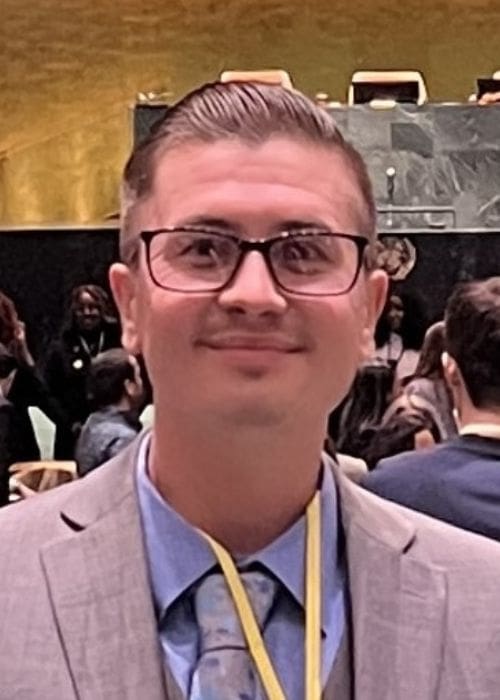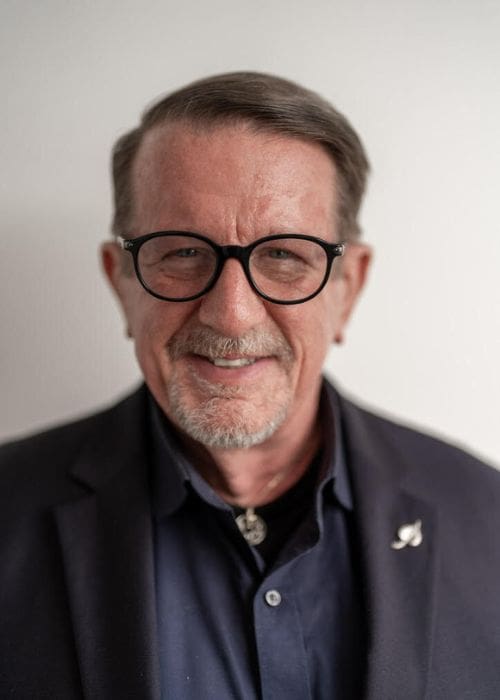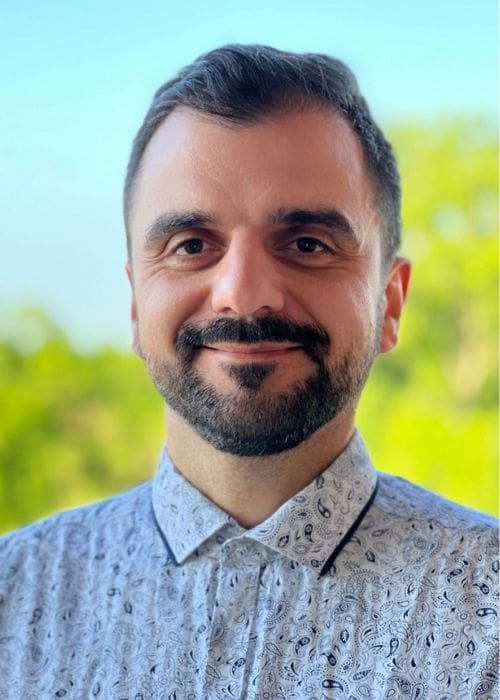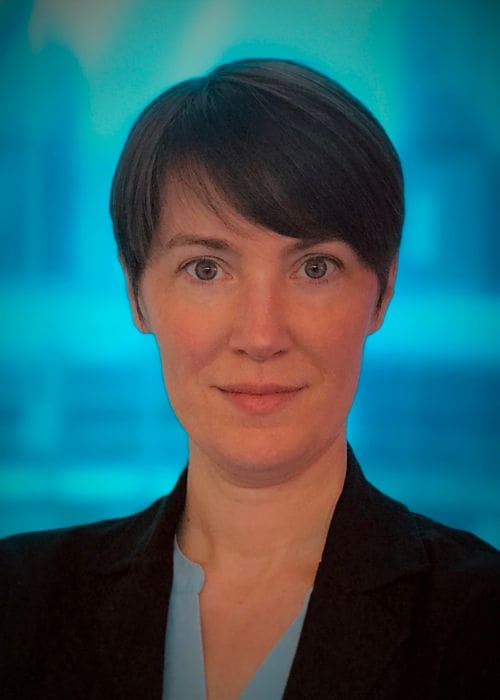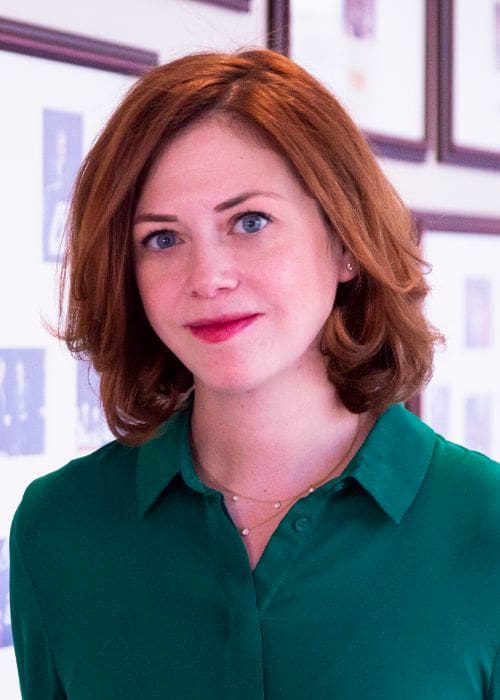
Fixing Our Broken International System of Justice
We live in a global family of more than 190 countries. Disputes and squabbles inevitably arise in all families; what matters is how we settle them. Just as immature families might see bullying and violence, at the global level we see countries threatening and waging war, paying dearly in unnecessary death and suffering. By contrast, a mature family resolves its disputes peacefully, often with the help of a dispassionate third party. Providing the world family such a dispassionate dispute settler was the driving purpose for creating the International Court of Justice (ICJ) (colloquially known as the World Court) in the aftermath of the Second World War. Unfortunately, the Court suffers from fundamental flaws that have hindered its ability to preserve peace and avoid violent conflict between countries.
The first flaw is that the World Court does not have compulsory jurisdiction over all disputes arising between countries. When such disputes arise, it can only obtain jurisdiction in one of three ways: if a country chooses to grant it permanent jurisdiction for all disputes (although even this jurisdiction can be limited in time or type of dispute by “reservations” registered by a state); if a country grants it ad hoc jurisdiction over a specific issue; or if the Court is granted jurisdiction under the terms of a treaty agreed between countries. In other words, the World Court does not automatically have jurisdiction over all disputes between states; the disputing countries must have opted to grant it such jurisdiction.
It is obvious that such a system is untenable if we are to have any prayer of maintaining law and order. Consider the uproar that would ensue were we to propose a similar system domestically, in our localities, cities, and countries. None of us would stand for it. Law and order would be impossible to maintain. Would anyone who commits murder opt in to trial before a court? If we are serious about ending war, and about resolving our intra-state disputes amicably, it is high time that we reform our international system of justice and the rules governing it. All countries must agree to renounce war as an instrument of resolving disputes and instead submit themselves to compulsory jurisdiction of the World Court.
We see the urgent need for compulsory jurisdiction in countries’ tortured work-arounds to obtain justice in major breaches of world peace today. One example is the recent case brought by South Africa against Israel about the latter’s treatment of residents of Gaza. In a properly functioning system, South Africa should have been able to challenge potential violations of the Geneva Conventions for the treatment of non-combatants in war in the World Court. Yet, it resorted to bringing this case under the Genocide Convention instead, for two reasons. First, Israel had not granted the Court either permanent or ad hoc jurisdiction over the case. Second, the Geneva Conventions do not confer jurisdiction upon the Court, whereas the Genocide Convention does. This sort of work-around is not unusual: countries resort to suing each other under the Genocide Convention, or the Convention against Torture, or the International Convention on the Elimination of All Forms of Racial Discrimination, because they each grant the World Court jurisdiction. By contrast, none of the International Humanitarian Law Treaties, like the Hague Conventions or Geneva Conventions, confer mandatory jurisdiction.
But this work-around leaves the Humanitarian Law Treaties a dead letter and reduces the chances for international justice to be done, at the ultimate cost of failing to resolve international disputes. For the Genocide Convention outlaws an extremely serious crime that, appropriately, requires South Africa to meet an extremely high and difficult standard, as demonstrated by the Court’s prior case law. For example, when Croatia took Serbia to the World Court for genocide, the Court in its 2015 decision found that Serbia had engaged in actions that satisfied the physical element of the crime of genocide, but there was insufficient evidence of mental intent to commit genocide—the second element required to prove the crime of genocide. Moreover, it found that while Serbia had engaged in the forced displacement of large numbers of Croats, such actions did not rise to the level of genocide. These actions might well have violated the Geneva Conventions’ rules for treating non-combatants, but the Court did not have jurisdiction to decide. The South Africa / Israel case will face the same hurdle and similarly risks leaving bitterly disputed events unadjudicated by peaceful means.
The second fundamental flaw in the design of the World Court is that, although its decisions are binding under Article 94 of the UN Charter, no effective means have been provided to enforce them. Consequently, nations often disregard the decisions of the Court with impunity. It is crucial that we apply all the ingenuity with can muster to come up with an effective system of enforcement or else resign ourselves to a world in which nations have carte blanche to act in defiance of a rules-based order. In the case of our murderer, even if he could be tried and convicted, it would be nonsensical to expect him to enforce his own sentence.
Recent decisions of the World Court, including its recent ruling demanding that Israel halt its military assault on Rafah and its 2022 ruling directing Russia to immediately suspend its military operations in Ukraine, demonstrate the bankruptcy of our international judicial system. In both cases, defendants have been able to flout the Court’s rulings with impunity due to the absence of an adequate enforcement capability.
The time has come to cure these defects in our international system of justice by amending the UN Charter to grant the World Court compulsory jurisdiction over all disputes between nations and to create a viable mechanism for enforcing its judgments against recalcitrant states.
Image source: International Court of Justice; originally uploaded by Yeu Ninje at en.wikipedia., Public domain, via Wikimedia Commons





